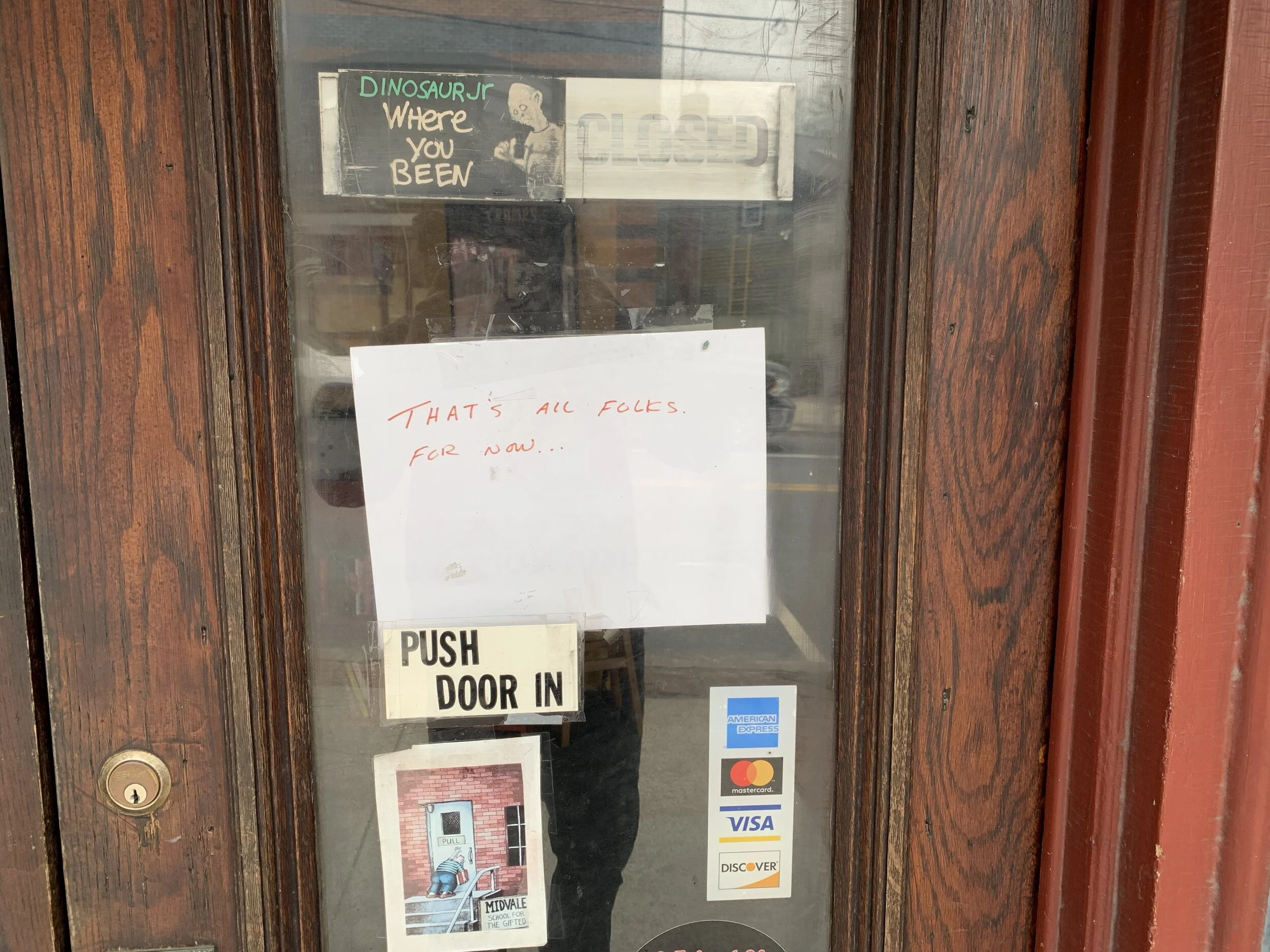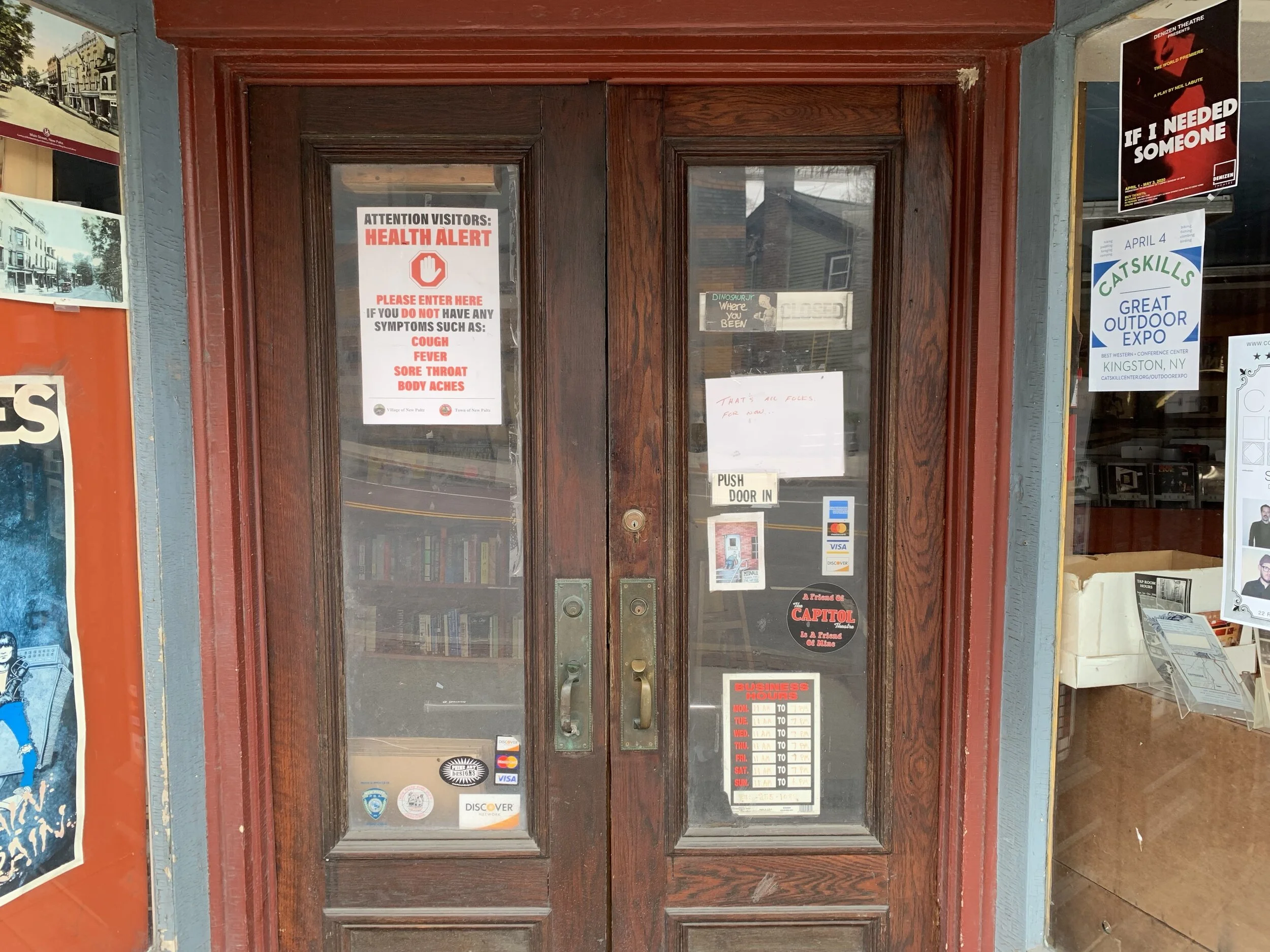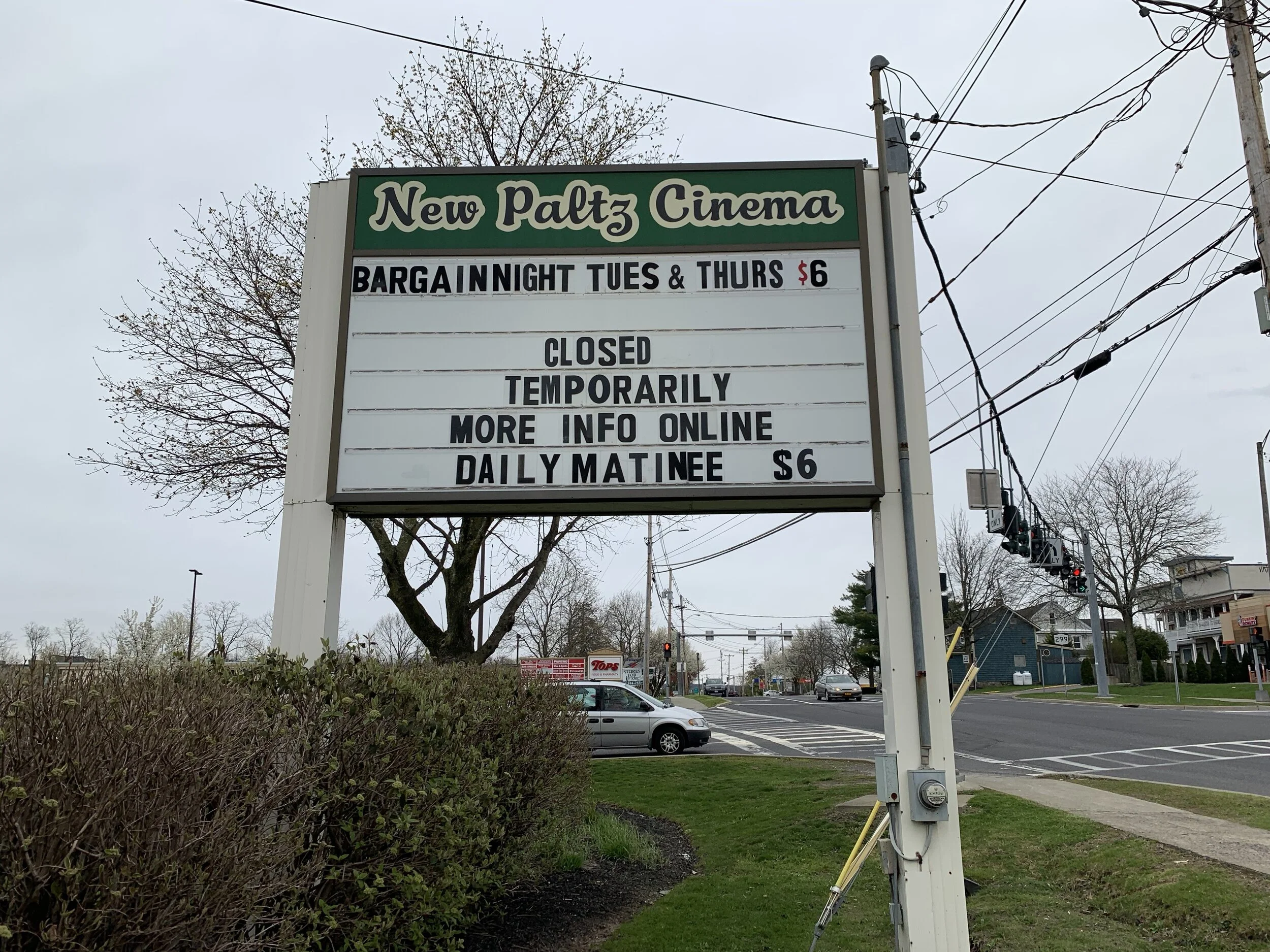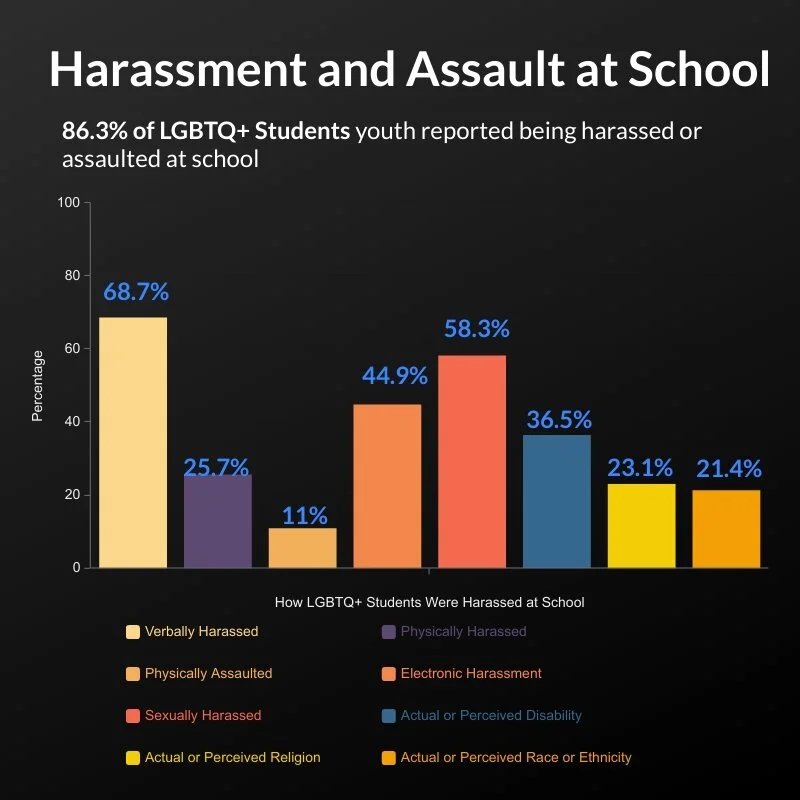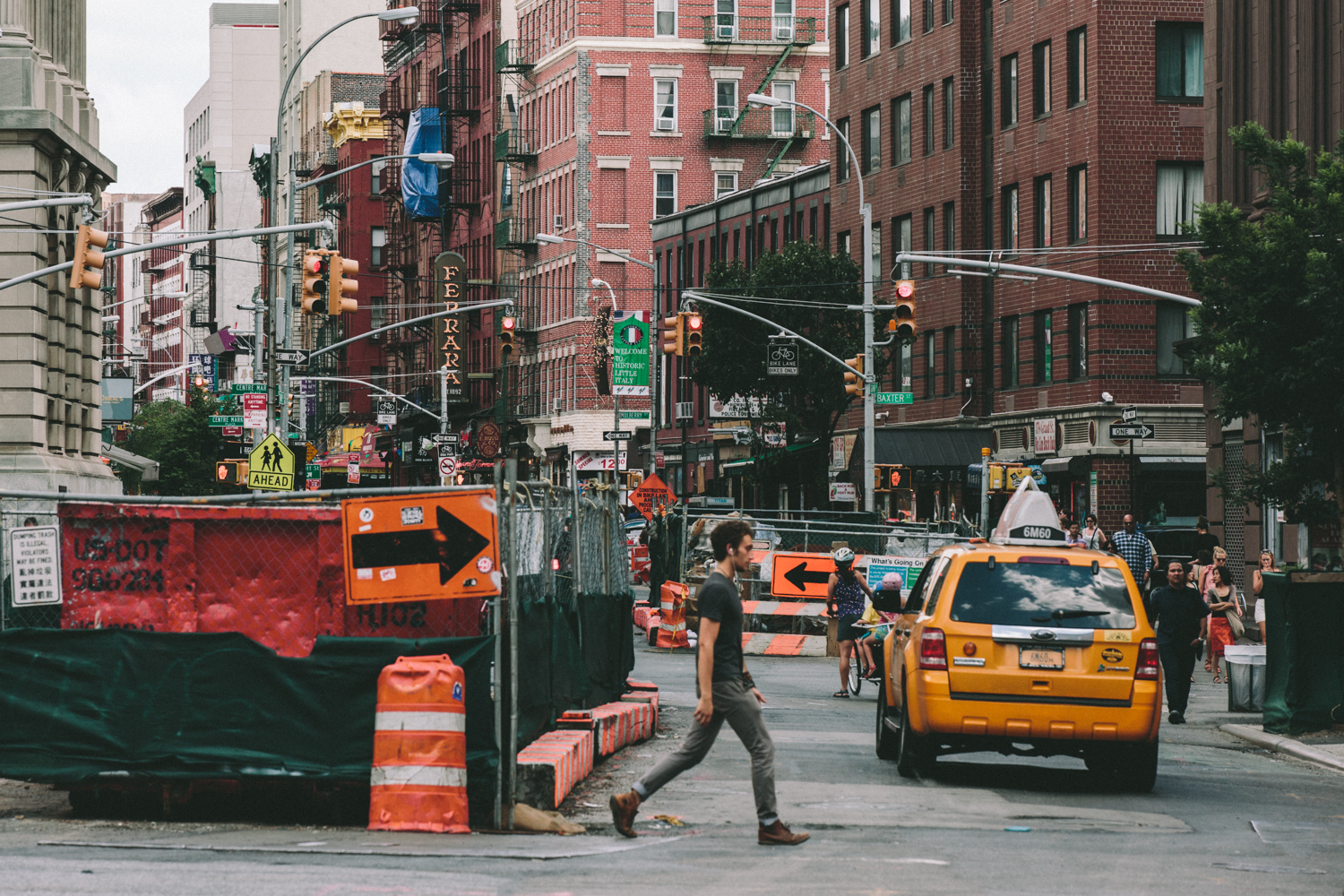Podcasts That Cover COVID-19
Daily updates and in-depth discussions from the perspective of professionals packaged in neat little episodes to make a worldwide pandemic easier to understand.
As we sit at home, isolating ourselves for the sake of our health and other’s, it can be hard not to feel overwhelmed by the worsening pandemic that the world is facing. Why is it so deadly? Why are some of the infected not showing any symptoms? Does wearing a mask really protect against the virus? These are all questions that you might want the answers to.
Podcasts have become a popular media format over the last few years, with 50% of homes in the United States listening to the medium this January. Educational and news shows are some of the most popular genres.
“I think they are gaining popularity because people don’t want to be tied in front of the television,” says founder of the Kaatscast podcast, Brett Barry. “I think if you’re a fan of a show, you already trust them to deliver the news about what is happening in the world. In addition to the mainstream media, I would be wanting to hear the news from a voice that I trust.”
Dr. Laura K. Murray, a senior scientist at Johns Hopkins University, cautions that it’s important to monitor how much news media you consume. Taking in too much of the 24-hour news cycle can be detrimental to your mental health and can contribute to feelings of anxiety.
Prerecorded episodes are the perfect way to stay up-to-date without overindulging. Luckily, there are several podcasts that have dedicated themselves to explaining the ins and outs of COVID-19 in neat, digestible episodes.
The Science Behind A Pandemic
Science Vs
Given four out of five stars by the Yale Scientific Review, this show looks at the science behind pop culture myths and commonly held beliefs to discern between fact and fiction. Science Vs has turned their attention to the recent health crisis, and each episode is geared towards addressing questions that the public has about COVID-19. Past episodes have featured pathologists and toxicologists to address how long the virus lives on various surfaces, how frequently you should disinfect your home and whether or not the virus is airborne.
This Week In Virology
The premise of this program is pretty straight forward: immunologists, epidemiologist, coronavirologist and a few other ‘ists’ talk about the different facets of the COVID-19 pandemic. The American Society for Microbiology lauded this show as a way to learn about viruses in a manner that wouldn’t scare the listener. Past episodes have discussed trials of hydroxychloroquine (anti-malaria medication) as a possible cure, copper facemasks, how the virus compares to the SARS outbreak and answers to listener questions.
Short Wave
A creative and lighthearted show that looks at the science behind current events. This NPR podcast explores important COVID-19 topics, like whether or not the infected actually lose their sense of smell and why this virus is different from the flu, intermittently broken up by episodes about Nazi uranium and honeybees to remind us that there is still a world outside of coronavirus. Listeners have described this show as “excellent and unexpected” and that it includes “diverse voices in science.”
News Updates
The Daily
This New York Times show is known for the unique voice of its host, Michael Barbaro, and the intimate and conversational atmosphere that he creates in each episode. Labeled as a well-informed, sensitive, funny and modest news outlet by New York Magazine, each episode covers topics relevant to current events. Frequently, Barbaro will spend around 30 minutes interviewing journalists from the New York Times about the role of governors in containing the spread of the virus and the search for a vaccine. Barbaro also interviews medical professionals about what life is like inside of New York’s crowded hospitals.
Coronavirus Daily
Dubbed one of the best coronavirus podcasts by Vulture, this daily program covers all angles of the pandemic, from the science behind it, to the effect it has had on the economy and the political sphere. Each episode is only around 10 minutes long, making them easy to digest. Stories and interviews from the NPR reporting teams have covered White House briefings, breaking news updates and reports on PPE shortages nationwide.
Coronavirus Global Update BBC
Another show that has made Vulture’s list of best coronavirus related programs, this daily news podcast delivers succinct breaking news rundowns that will keep you informed on how the virus is affecting international business, travel and health. A good alternative to the 24-hour news cycle, each episode is approximately 20 minutes, and has covered important news updates like the hospitalization of British Prime Minister Boris Johnson, the declining case numbers in Italy and the easing social distancing restrictions in Australia.
Today, Explained
Dubbed as the edgy new podcast that rivals the likes of The Daily by the New Yorker’s Sarah Larson, this outlet rounds up the most relevant news updates, which are now mostly about the global pandemic, in concise episodes that are, at most, 30 minutes long. Past episodes have featured interviews with those currently infected by the virus, the race for a vaccine and the rise of unemployment.
Economic Effects
Freakonomics Radio
Author of the Freakonomics books, Stephen J. Dubner, covers topics that you didn’t even know existed, and also talks about the unknown aspects of topics you thought you knew everything about. Dubner interviews experts and intellectuals from a variety of fields to explore the economics behind the recent $2 trillion stimulus package, the side effects of social distancing and how the pandemic has brought cities across the country to a grinding halt. According to Public Seminar, Freakonomics Radio is a “practical and approachable,” program that utilizes storytelling, data, research and insight in order to explore all sides of socioeconomic phenomena.
Planet Money
Self isolation has just about crippled the global economy. Trying to understand the driving forces behind the looming recession can be daunting. Luckily, this NPR program explores the factors behind economic decline during the COVID-19 pandemic in an intimate and easily understandable way. David Shaywitz of Forbes believes that Planet Money, a show he is “hopelessly addicted to,” is one of the podcasts that really carries the medium forward. Wondering how the gig economy has changed during such an unprecedented time, or where the money for the two trillion stimulus plan is coming from? Then this is the podcast for you.
Podcasts For The Soul
The Distance: Coronavirus Dispatches
Earning a high rating of 4.8/5 on Apple Podcasts, Vice’s Coronavirus Dispatches allows listeners an intimate, and sometimes heartbreaking, glance into the lives of people who are struggling through the worldwide pandemic. From a woman in New York city having to give birth alone because of hospital regulations, to the German LARPer who creates a world for himself where there isn’t a killer virus on the loose, this production features vignettes of how COVID-19 is changing lives. Each of the segments are around five minutes long, and give us a taste of the human connection that we are all craving.
The Kids Are All...Home
Have you ever heard of fruity frosted hot dog soup? To make it, you need a hot dog, some orange juice and frosting, as per the instructions from the young culinary inventor who created it. Named as one of the best podcasts for kids by Wired, The Kids Are All...Home explores what kids are doing while they are stuck at home. From imaginative recipes that include everything but the kitchen sink to kid reporters interviewing experts from interesting fields, this podcast sheds light on some of the good that has come out of this time in self-isolation.
Checking In with Susan David
In such an unprecedented time, it’s important to take care of your mental health. Anxiety, fear and boredom are all normal emotions to be feeling at the moment, but that doesn’t mean that you have to be consumed by them. Harvard Medical School psychologist, Susan David, offers strategies and tools to deal with the mental and emotional strain that most of us are experiencing, and helps us maintain control in a time of uncertainty. Earning a nearly perfect review score of 4.9/5 on Apple Podcasts, listeners frequently note how happy they are to have found such a practical podcast to help them find “hope and comfort.”



















